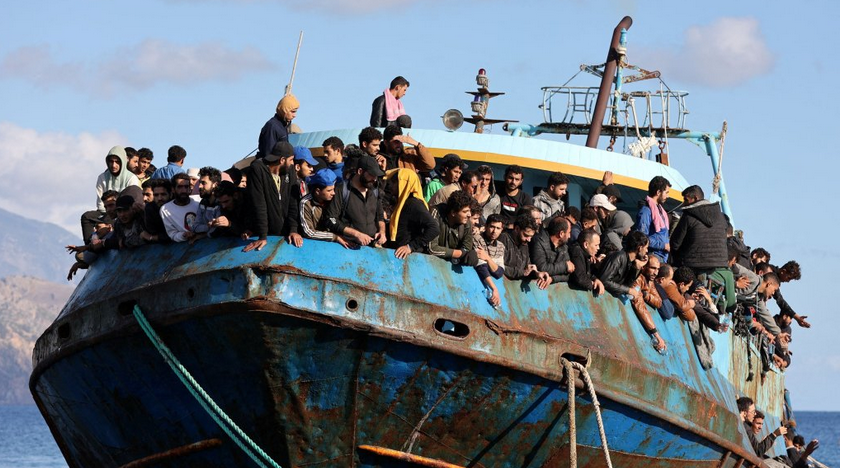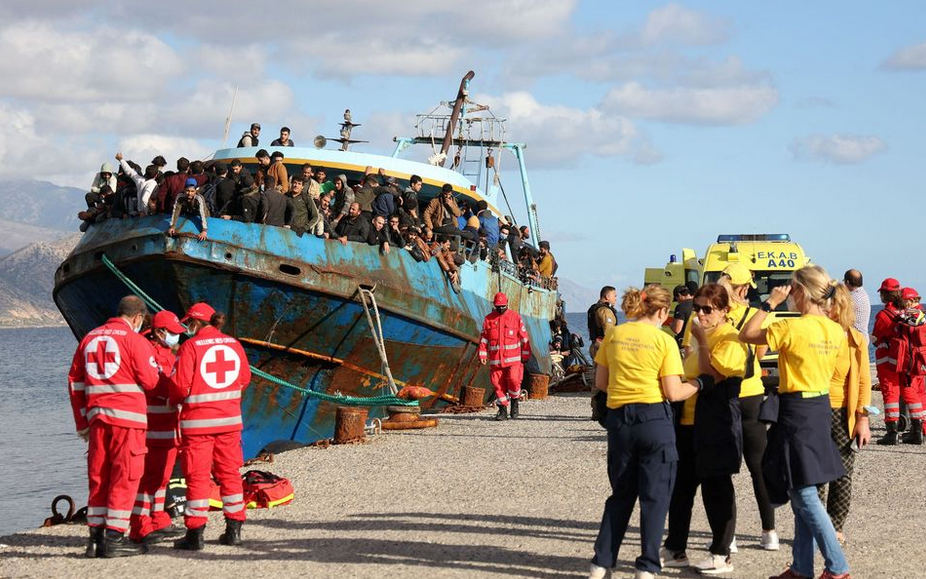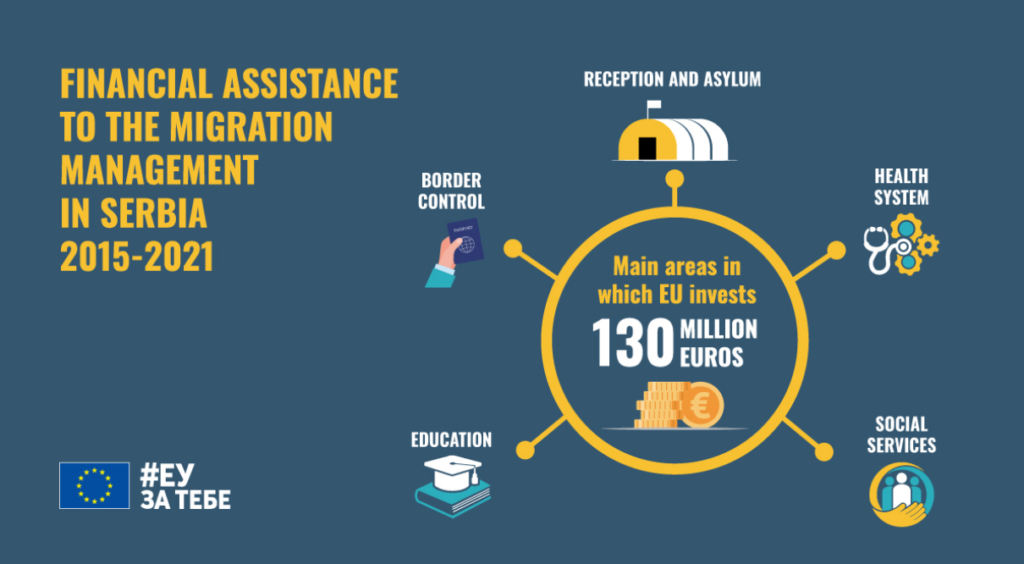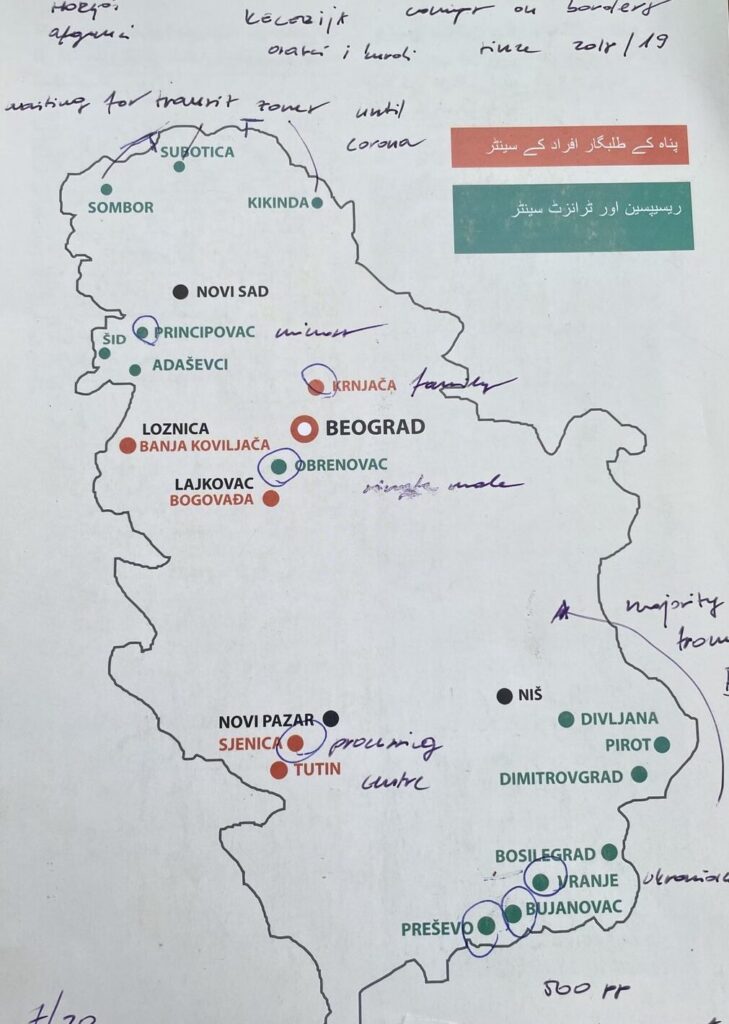In 2025, Crete has become Greece’s main entry point for migrants, surpassing traditional Aegean entry hubs like Lesbos and Samos. Over 7,300 people arrived in the first half of the year alone—more than in previous years combined. A key factor behind this shift is that Crete is excluded from the EU–Turkey Statement, which enables returns from eastern Aegean islands to Turkey. This legal loophole has turned Crete into a strategic route for those seeking to avoid immediate deportation.

Most migrants arrive via Libya, often through the remote island of Gavdos, after enduring dangerous sea crossings. One reason for this shift is that traditional Central Mediterranean routes from Libya to Italy have become heavily policed and far more dangerous, with a rise in interceptions, pushbacks, and fatal shipwrecks. In contrast, the route to Crete—though still risky—is perceived as safer, shorter, and less likely to result in forced return. Upon arrival, however, they face chaotic reception. With no formal reception centre on Crete, migrants are held in exhibition halls, tents, or makeshift shelters which are overcrowded and have minimal or no access to food, hygiene and medical care.
Since Crete lacks facilities to house people long-term, many migrants are quickly transported off the island—but under conditions widely described as humiliating. Transfers often involve overnight ferry rides without basic amenities, no beds, food, or even toilets. These practices have drawn criticism from rights organisations and some local officials and solidarity moovements who argue that the transfers reproduce the very degradation that the absence of infrastructure was meant to avoid.
Reactions on the island are split. While tourism industry representatives and local authorities warn of reputational damage and demand Crete not become a permanent “gateway,” grassroots solidarity groups have organised actions and demonstrations calling for humane treatment, protection of rights, and long-term solutions based on dignity and respect.
Crete’s current role in Europe’s border regime is no accident. It reflects a deeper failure to open safe passages, to build sustainable migration policies—and a refusal to treat people on the move as anything more than a security problem.


